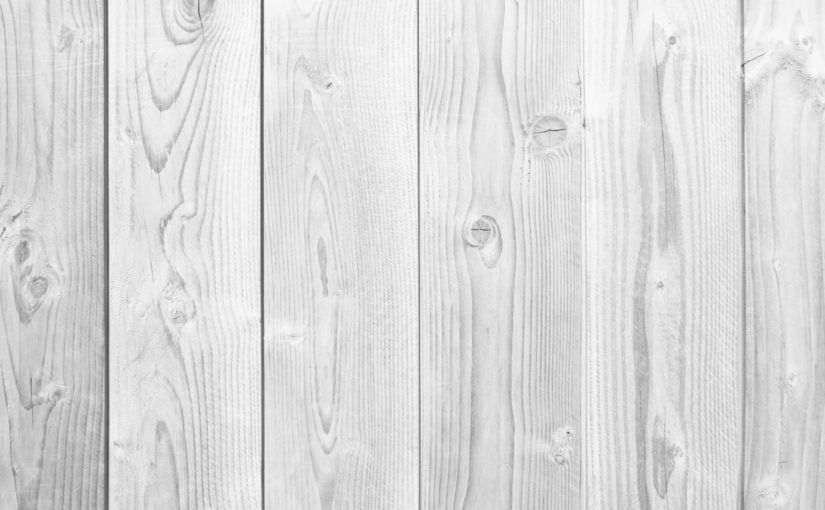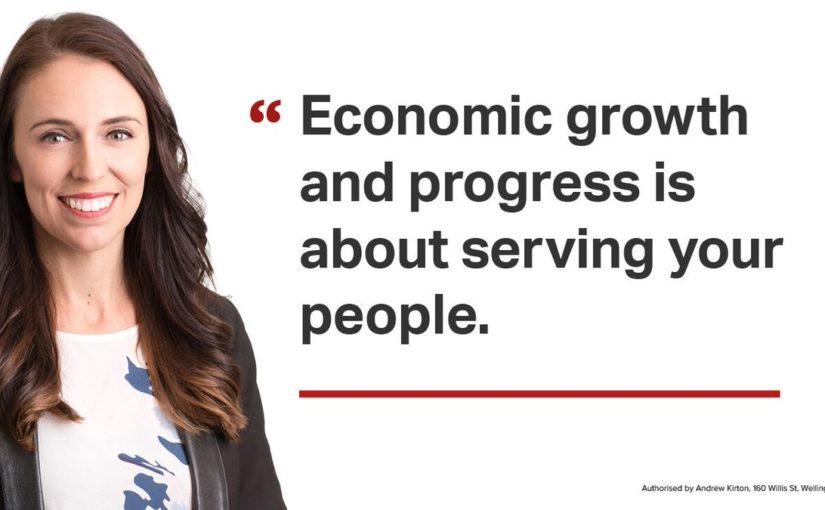There are many ways to frame this election, but the one I keep coming back to is that Saturday will show us, by the numbers, how strong white privilege is in Aotearoa New Zealand.
We (white males) have a disturbingly pervasive subtext that minimises and condescends to questions of culture, values and politics, dismissing anything other than the status quo as self-evident idiocy.
And we wonder why the outside world still sees us as parochial, ignorant and naive.
This election is about whether a party with a record of lies, claiming the work of others, changing definitions to “solve” problems and denying the consensus of experts across multiple fields retains its mandate to govern, with the (false) justification that politics has always been done that way.
It is about whether we want to endorse greasy backroom smear campaigns and reward fearful, defamatory rhetoric.
It is about whether the joke that is politics should be met with a shrug, a laugh, and a concession that this is the best we can do.
This election is about giving National another three years to make problems go away by clinging to outdated understandings of brand and message. For someone who criticises Labour for being stuck in the past, Bill English has a very retro grasp of identity and vision.
Do we perch in complacency, because everything is superficially okay for us, personally, at this instant?
Do we rely on philanthropy to solve poverty, turning survival into a lottery for our most vulnerable?
Do we accept that the numbers on a screen are more meaningful – even when misrepresented – than the people and the society that we want to be?
Or is this election not really about us at all?
The wealthy, the privileged, the educated, and the well employed aren’t going to see their world shaken by this election.
We vote not for ourselves, but for our society – that is the essence of democracy. And we need to look to the outliers. To vote for the poor, the sick, the addicted, and the oppressed. For them, this election may be the difference between life and death.
We need a vision.
We need to admit that the status quo is never “good enough” while people are starving. While there remains systemic and cultural discrimination against specific minorities – and majorities, in the case of women.
We need to strive – as we do in our jobs, in our families, in our relationships – to be better people, and to do that we need above all else a clear, cohesive vision for the future. For an Aotearoa that acknowledges and learns from the mistakes of our past. For an Aotearoa that seeks better ways forward. For an Aotearoa that actually wants to be “100% Pure:” in our motivations, in our self-critique and in our care for our people.
We need integrity. We need hope. We need a social conscience.
But in the face of stupefying resilience by White Male New Zealand (never Aotearoa) we may also need, to quote an unlikely source, a little stardust.
#changethegovt #letsdothis #nzpol #decision17

